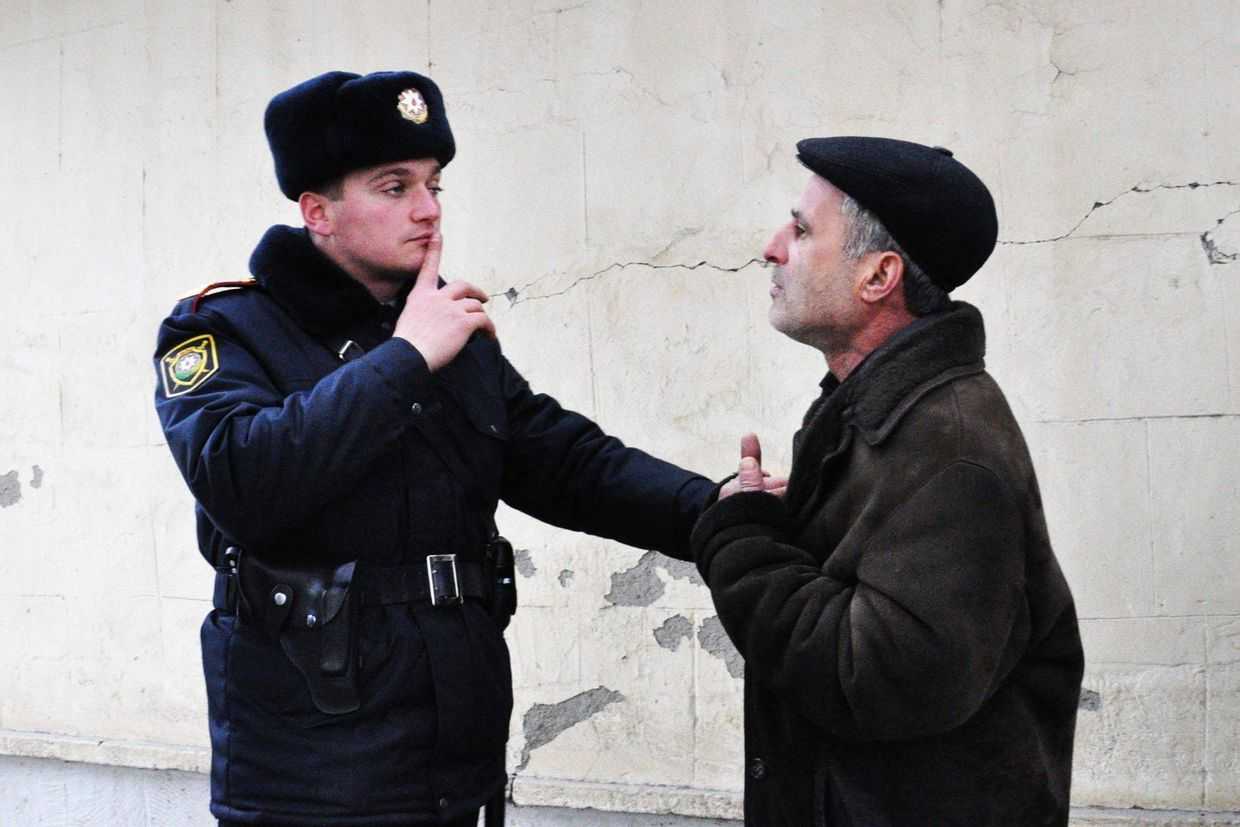
Tbilisi City Court has sentenced foreign agent law protester Giorgi Shanidze to four years in prison, months after his arrest at a mass protest against the controversial foreign agent law.
Shanidze was arrested on 9 May on charges of damaging a surveillance camera in the vicinity of the Georgian parliament during the rally. He was later additionally charged with growing cannabis.
According to local media, Shanidze was sentenced to a year and a half in prison for damaging the surveillance camera, and to four years for growing a plant containing narcotic substances. However, the sentences were combined for a total of four years, rather than a consecutive five and a half years.
Before the verdict was announced, Shanidze told the court that he did not consider himself a criminal and that his case ‘has a political nature’.
‘I think that I was doing what was necessary for my country, and that’s why I committed this “crime” that I am accused of, and not because I [wanted] to damage the camera, as the prosecutor says’, he said.
Protests re-erupted in Georgia after the ruling Georgian Dream party announced on 3 April that they were reviving the controversial draft law, a year after failing it following public outcry.
Hundreds of thousands attended the protests, which law enforcement officers responded to with tear gas, pepper spray, physical force, and frequent arrests. Some of the several dozen of those detained at the protests remain in pretrial detention.
Despite widespread criticism from inside and outside the country, Georgian Dream adopted the foreign agent law on 14 May, prompting sanctions from the United States and the European Union.
According to local media, 35-year-old Shanidze fought in Ukraine for eight months following Russia’s full-scale invasion, assisting Ukraine’s armed forces as a drone operator. Shanidze returned to Georgia and his work in advertising a year ago.
Participants in protests against the foreign agent law have previously faced both fines and prison sentences.
Lazare Grigoriadis, then 22, was convicted in April 2024 of arson and of attacking a police officer during the 2023 protests against Georgia’s draft foreign agent law. He was sentenced to nine years in prison. President Salome Zourabichvili later pardoned Grigoriadis, and he was released from prison on 24 April.
Many participants in the 2024 protests have also reported being fined for their participation.
Georgia’s foreign agent law labels any civil society or media organisation that receives at least 20% of their funding from outside Georgia as ‘organisations carrying out the interests of a foreign power’. Such organisations are subject to ‘monitoring’ by the Ministry of Justice every six months, which could include forcing them to hand over internal communications and documents, as well as confidential sources. Organisations and individuals who do not comply will be subject to large fines.









